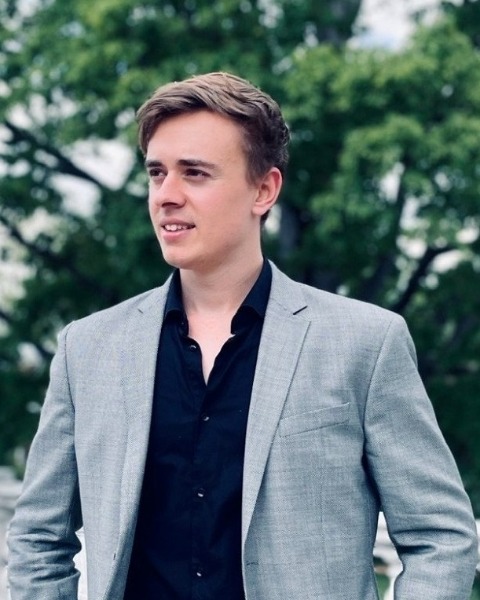Education and public understanding of genetic science
Polygenic risk scores
Reproductive genetics
Paper Session E4
Polygenic Embryo Screening: High Approval Despite Substantial Concerns from the U.S. Public
Tuesday, June 11, 2024
1:30 PM - 3:00 PM ET
Location: Hub 1

Rémy Furrer, PhD
Postdoctoral Research Fellow
Harvard University, United States
Speaker(s)
Polygenic embryo screening (PES) is a novel – yet commercially available – technology that can compute genetic likelihood estimates of polygenic conditions (e.g., diabetes, depression) and traits (e.g., height, cognitive ability) in embryos. Patients undergoing in vitro fertilization (IVF) can use these polygenic scores to select which embryos to transfer for implantation. We conducted a survey of the U.S. public to examine attitudes toward PES encompassing acceptance, interest, potential uses, and concerns (n=1435). Our results indicate 72% public approval for PES, with 82% expressing some interest in using PES if already undergoing IVF. Approval for using PES for embryo selection is notably high for physical health (77%) and psychiatric conditions (72%). In contrast, there is minority approval for embryo selection based on PES for behavioral traits (36%) and physical traits (30%). Nevertheless, concerns about PES leading to false expectations, eugenic practices, and stigma are pronounced (54-55% find them “very” to “extremely” concerning). In a second sample of participants (n=192), presenting concerns at survey onset (vs. end) reduced approval (−28%) by mostly increasing ambivalence (+24%), and only slightly increasing disapproval (+4%). Given its commercial availability, practical limitations, and ethical concerns among physicians, patients, geneticists, bioethicists, and legal scholars, it is notable that there is such high public approval and interest in using PES. Understanding these attitudes is essential for informing policymakers, healthcare professionals, and researchers about the public’s perspectives on this novel biotechnology and debate about the role of medicine in regulating the use of PES.
Authors: Rémy Furrer, Harvard Medical School; Dorit Barlevy, Baylor College of Medicine Center for Medical Ethics and Health Policy; Stacey Pereira, Baylor College of Medicine Center for Medical Ethics and Health Policy; Shai Carmi, Hebrew University; Todd Lencz, Northwell; Gabriel Lázaro-Muñoz, Harvard Medical School
Authors: Rémy Furrer, Harvard Medical School; Dorit Barlevy, Baylor College of Medicine Center for Medical Ethics and Health Policy; Stacey Pereira, Baylor College of Medicine Center for Medical Ethics and Health Policy; Shai Carmi, Hebrew University; Todd Lencz, Northwell; Gabriel Lázaro-Muñoz, Harvard Medical School